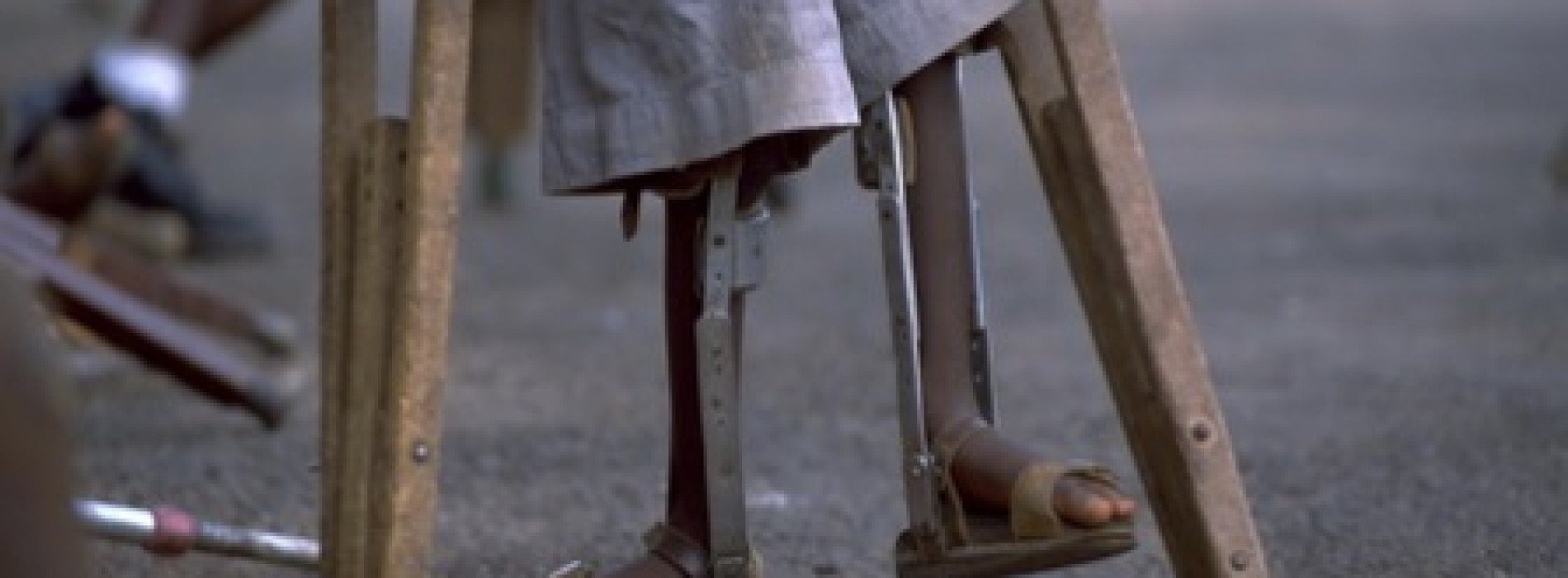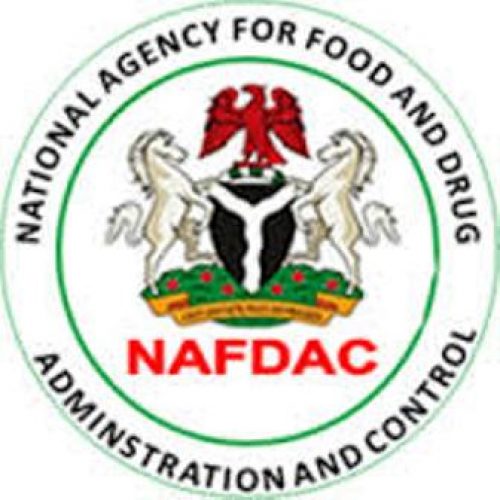African health ministers seek ways to bolster polio outbreak response
African health ministers gathered today to seek ways of ramping up measures to halt the outbreak of Wild Poliovirus Type 1 in southern Africa, where the virus has been detected in two countries and a large-scale multi-country vaccination campaign is underway.
The ministers from Malawi, Mozambique, Tanzania, Zambia and Zimbabwe met on the side-lines of the 22—28 May World Health Assembly in Geneva with World Health Organization (WHO) officials, representatives from the Bill and Melinda Gates Foundation, United States Centers for Disease Control and Prevention, Rotary International and UNICEF. They discussed the recent wild polio outbreaks as well as the ongoing efforts to end vaccine-derived poliovirus in Africa.
Following the wild poliovirus outbreak in Malawi in February, health workers have so far administered more than 23 million doses of vaccines to children under 5 in the five southern Africa countries. On 18 May, Mozambique also confirmed a case of wild poliovirus. The two cases are linked to a wild poliovirus strain that had been circulating in Pakistan in 2019.
WHO and partner organizations are supporting the five southern Africa countries coordinate and carry out rapid and high-quality vaccination campaigns, which are essential in defeating the virus. In addition to the vaccination drives, the five countries have also bolstered disease surveillance to detect and effectively respond to the virus.
“Until the world has halted transmission of all forms of polio, all countries remain vulnerable to outbreaks,” said Dr Matshidiso Moeti, WHO Regional Director for Africa. “Every child must be reached. This requires strong planning, strong implementation, strong monitoring.”
Dr Moeti also acknowledged that there were competing health priorities, especially in the context of the COVID-19 pandemic and appreciated the high-level political commitment by the countries responding to wild poliovirus in the region.
The detection of wild poliovirus in Malawi and Mozambique does not affect Africa’s wild poliovirus-free certification because the virus strain is not indigenous. Africa was declared free of indigenous wild polio in August 2020 after eliminating all forms of wild polio from the region.
Wild poliovirus transmission remains at an all-time low, with only six cases reported globally in 2021. Importation of any case must be treated as a serious concern and high-quality response efforts to reach every child with polio vaccine are critical to prevent further spread.
Wild poliovirus type 1 is currently endemic only in Afghanistan and Pakistan. The poliovirus is highly infectious and largely affects children younger than five years. The disease has no cure, can cause lifelong paralysis, and can be prevented only by immunization.






0 Comments
No Comments Yet!
You can be first to comment this post!